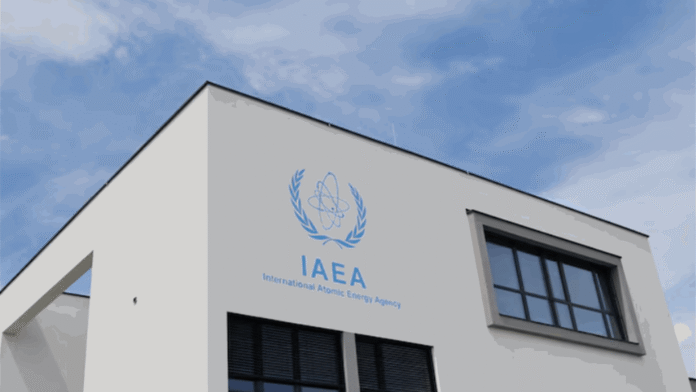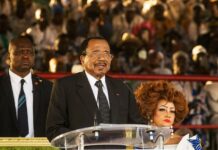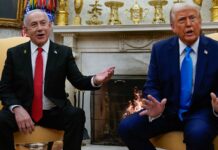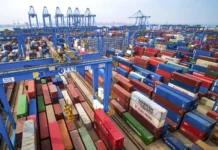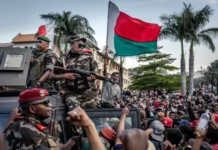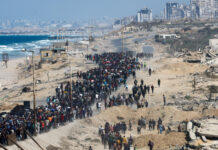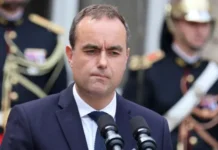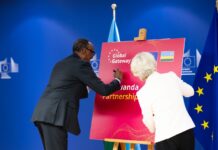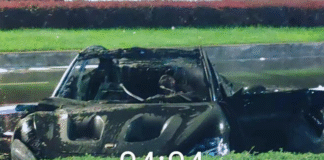Tehran, June 13, 2025 — Iran on Friday issued a strongly worded condemnation of the International Atomic Energy Agency (IAEA), accusing the United Nations nuclear watchdog of “silence” following recent Israeli strikes targeting Iranian nuclear facilities and personnel.
In a statement released by Iran’s Atomic Energy Organisation (AEOI), Tehran said it views the IAEA’s lack of immediate response to the Israeli attacks as tacit approval and “a form of cooperation with the Zionist regime.”
“The silence of the International Atomic Energy Agency regarding the Zionist regime’s aggression against our nuclear facilities and scientists is deeply regrettable,” the statement read. “This silence is tantamount to complicity, and the Israeli attack constitutes a defeat for the IAEA resulting from its unjustifiable shortcomings.”
Iran did not specify which nuclear sites or individuals were targeted, but reports from regional media and satellite imagery suggest that a series of drone and missile strikes hit infrastructure near Natanz and Isfahan earlier in the week. While Israel has not formally confirmed responsibility, it has long maintained that it reserves the right to act unilaterally against what it sees as existential threats from Iran’s nuclear program.
IAEA Breaks Silence
Shortly after Iran’s criticism, IAEA Director General Rafael Grossi released a brief but pointed statement, reaffirming the agency’s long-standing position on the sanctity of nuclear sites.
“Any attack, or threat of attack, on nuclear facilities is a violation of international law and must never occur,” Grossi said. “The safety and security of nuclear facilities are a matter of global concern, and the IAEA strongly condemns any military actions that compromise this safety.”
Grossi did not name Israel directly in his statement, nor did he reference the specific Iranian sites reportedly targeted.
Rising Tensions Over Iran’s Nuclear Program
The verbal confrontation comes amid heightened tensions in the Middle East, particularly between Iran and Israel. Iran insists that its nuclear program is entirely peaceful and under the supervision of the IAEA, which continues to monitor Iranian activities through inspections and surveillance systems, though access has been limited in recent years.
Tehran has repeatedly accused Israel of sabotaging its nuclear efforts through cyberattacks, targeted assassinations of scientists, and physical sabotage of infrastructure. Most notably, in 2020, top nuclear physicist Mohsen Fakhrizadeh was assassinated in what Iran alleged was an Israeli-led operation.
Iranian officials say such actions threaten not just regional stability but also global non-proliferation norms.
International Reactions and Diplomatic Impasse
While Iran’s latest accusations put pressure on the IAEA to take a firmer stance, the incident also raises fresh concerns within the international community about the ongoing stalemate surrounding Iran’s nuclear program. Talks to revive the Joint Comprehensive Plan of Action (JCPOA), the 2015 nuclear deal, have stalled for months amid geopolitical friction and disagreements over enforcement and verification measures.
In light of the latest developments, analysts warn that continued Israeli actions and perceived inaction by international bodies like the IAEA could further embolden hardliners in Tehran and push the region closer to open conflict.
Iran has called for an emergency session of the IAEA Board of Governors to address what it describes as “the failure of the international system to hold Israel accountable.”
As tensions rise, the world watches closely to see whether diplomatic mechanisms can be revived, or if the current trajectory will lead to further escalation between two of the Middle East’s most bitter rivals.
Written By Rodney Mbua









